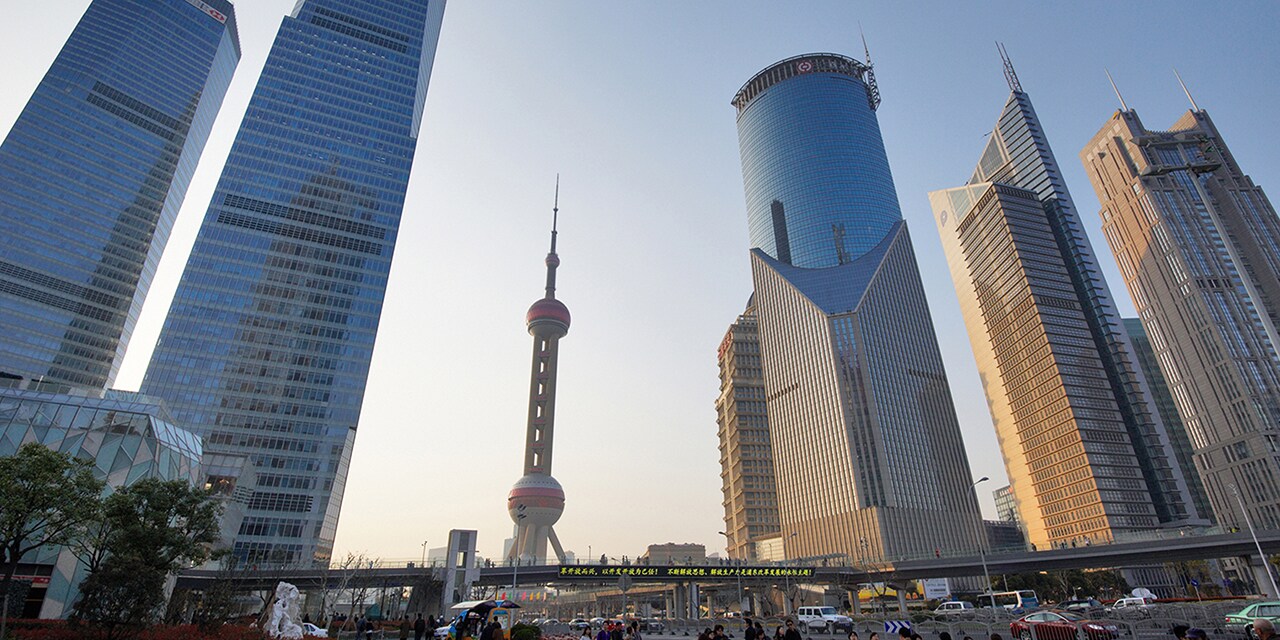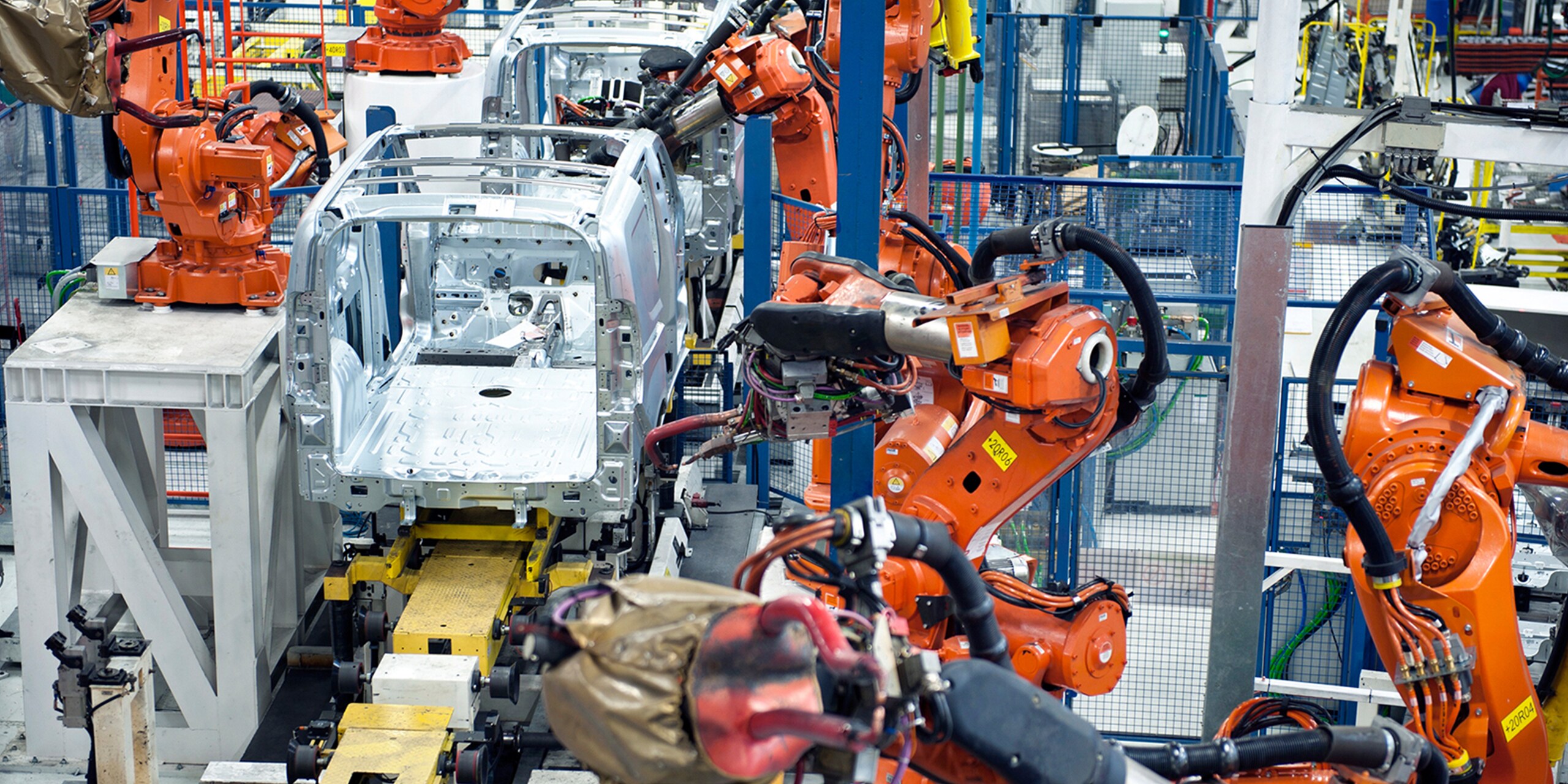How Britain Can Boom Because of Brexit
How Britain Can Boom Because of Brexit
Baroness Shriti Vadera, Chairman of Santander UK, shares her views on future opportunities for Britain post-Brexit
A lot has been written about the impact of Brexit on the UK economy, with most focusing on its negative aspects. What is commonly overlooked, however, are the potential opportunities that may arise as a result of Britain leaving the European Union (EU).
The chance to strike new trade agreements is high among these, as remaining within the common market means that any agreements must involve the consent of all 28 member states, rather than just one. This was one reason Canada took seven years to complete its free trade deal with the EU, according to market-watchers.
“Britain has always been a nation of free trade and has always been very open,” explains Baroness Shriti Vadera, Chairman of Santander UK, on the sidelines of the Temasek European Advisory Panel (TEAP) meeting held in London in May.
Vadera, who was attending this year’s TEAP meeting as a guest speaker, highlighted the competitive advantage the UK has in a number of sectors. These include financial and professional services, and more specialised industries like the creative and education sectors.
New Markets

Cities like Shanghai in China could benefit from Britain’s services expertise
Who could benefit from trade deals with Britain in a post-Brexit world? Vadera cites markets like China, India and other parts of Asia, many of which have a competitive advantage in manufacturing but also need services like those the UK specialises in.
Currently, few amongst these countries have such a deal with the EU. Only South Korea has a signed free trade agreement with the common market; Singapore and Vietnam have each agreed on trading terms with the EU, but have not yet put pen to paper.
Considering that around 40 percent of global GDP is generated within Asia, according to the Asian Development Bank, the opportunity to break into these markets should not be ignored.
“There’s a great deal of complementarity,” Vadera enthuses. “There’s a chance Britain can make deals that are a great source of growth for both the UK and these new markets.”
The former minister in Gordon Brown’s government during the financial crisis is particularly upbeat about London’s future prospects. Only about 15 percent of London’s revenues come from the customs union, yet close to 80 percent of the EU’s capital needs are financed by the city, she notes.
In the future, however, Vadera expects London to face stiff competition from aspiring European financial centres such as Frankfurt, Dublin and Luxembourg — a scenario that could benefit both the EU and the UK.

Only 15 percent of London’s income comes from the rest of Europe
Future-Ready Businesses
While globally competitive today, British businesses must continue to develop their edge and defend market share against overseas competitors.
Chief on Vadera’s mind is ensuring that employees are able to function and thrive in environments characterised by automation and other cutting-edge technologies, like robotics and artificial intelligence.
According to PwC, up to 30 percent of existing UK jobs could be replaced by new technologies by 2030; industries that could be significantly impacted include transport, manufacturing, wholesale and retail.
On the other hand, any such job losses will likely be offset by job gains elsewhere, according to the same PWC study. Businesses, Vadera asserts, have a key part to play in facilitating such changes.
“Reskilling people is a big issue, but a lot of the people that need reskilling are already at work. It’s not about going back to school or teaching children something different — they’re going to be fine — it’s the people that are already in employment, and there’s already a very big role for businesses in dealing with this,” she says.

Technologies like robotics and advanced automation will feature in Britain’s post-Brexit economy
Everyone Benefits
Despite the challenges the UK will face in the coming years, Vadera is optimistic about Britain’s long-term prospects. She maintains that the country must look forward to striking new trades deals with both the EU and other partners. It must also embrace new technologies and industries that will give the UK a competitive edge in the global marketplace.
Most significantly, however, the UK must ensure that all factions of society are included in this journey, or risk a divided nation, with businesses and households suffering as a result.
“We have to bring everybody into the equation. We have to find a way to distribute the gains so that everyone feels that they are benefiting. Without that, it doesn’t work,” she concludes.
The Temasek European Advisory Panel (TEAP) brings together eminent business leaders and experts to share insights and perspectives on major political, economic, social and industry trends, with a focus on Europe.


